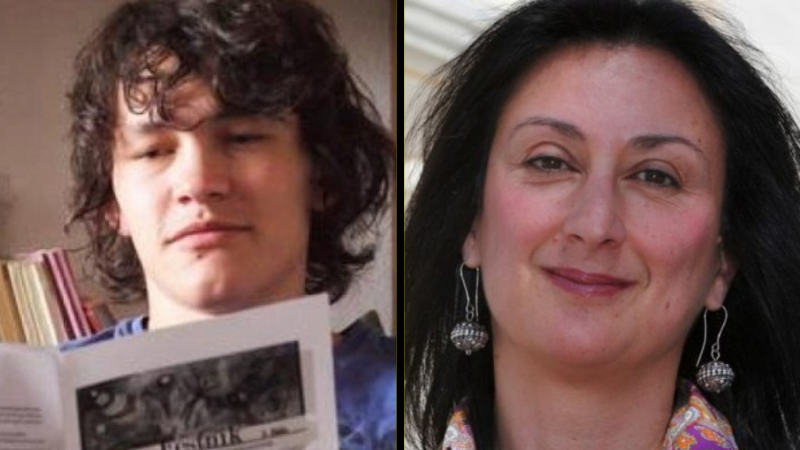A few days after former Labour MP Luciano Busuttil lamented the pervasive clientelism that has consumed the Maltese politician’s to-do list, a Eurobarometer survey finds that the Maltese Government enjoys the trust of the majority. Concurrently, the institutions tasked with scrutinising it do not.
It is worth noting that the Maltese are significantly more trusting of their government than our neighbours on the continent. Perhaps it shows the Government is more in touch with the people. But pleasing a majority and keeping potential dissidents quiet within its party point to populism, not statesmanship.
To an extent, successive administrations have entrenched a favours-for-votes system further into the Maltese mentality such that it is not unusual to hear that a politician who does not ‘serve’ his constituents deserves to remain unelected. Today, this might have peaked in the form of Facebook groups like ‘Laburisti Magħqudin’, a platform for Labour Party members to seek preferential treatment anywhere from lorry-driving vacancies to medical appointments during the strike.
This is political discrimination. Yet, there is a sense of entitlement; the other party did the same, so it is the incumbent’s turn now. As long as the Government is ready to grant material benefit to the people, it will continue to enjoy their trust.
But this trust is flawed. The Government is essentially buying the silence of its citizens by keeping their pockets lined. A people should bear more confidence towards a transparent government. Yet, this artificial trust seems to grant power to the Government to operate in opaqueness. In turn, anybody who asks questions is an enemy of the State, especially journalists, for daring to challenge the electoral mandate in the public interest.
Such sheer animosity toward journalists should have no place in democracies. Slovak and Maltese journalists have said this following the assassination of two journalists in the EU – Jan Kuciak and Daphne Caruana Galizia – which occurred within five months of each other.
They are increasingly being perceived as threats to the established order – a system of widespread corruption, termed ‘favours’. If the media is the fourth pillar of democracy, their role to scrutinise the government is becoming increasingly harder thanks to a chunk of the population who would rather watch their benevolent politicians enjoy immunity.
In Malta, politicians are jumping on the fake news bandwagon and ensuring a post-truth society. This is detrimental to democratic health. Anything critical published in independent newspapers is branded party political. The more serious the allegation, the more treasonous the author is said to be. Meanwhile, politicians are allowed to give their own ‘interpretation’ of facts.
The subjective interpretation of facts is creating very stark divides, promoted by politicians who seem to enjoy an impunity from the consequences of their actions. The Slovak Culture Minister and two top officials implicated in a story resigned after Kuciak’s murder. In Malta, the same mindset would have meant mass resignations. The cabinet remains unchanged.
Journalists are not politicians. Whereas a politician’s role is to use his influence to unite a nation, a journalist seeks the truth. This is why it is so problematic to have news agencies funded and operated by political parties – they offer two distinct polarised realities necessarily opposed to each other, frequently omitting inconvenient facts or jumping to convenient conclusions.
To any citizen who holds democracy at heart, such a situation is disheartening. A solution to this cannot be achieved in the short term. Encouragingly, the KSU (university students organisation) and sixth forms, with widespread endorsements from other student organisations, have got the ball rolling to introduce a more enhanced system of civil education, at least beyond a module in the sixth form syllabus.
Given the political parties’ dominance over media and education, it might be overly optimistic to think that students are going to be taught and empowered to engage in constructive dissent with those party political channels. Even so, if Malta is going to make the shift from an antiquated colonial mentality to a proper European democracy in spirit, such an investment towards stronger values is urgently needed. With the murders of Caruana Galizia and Kuciak casting a shadow on press freedom, the time for civil engagement is evidently long overdue.












